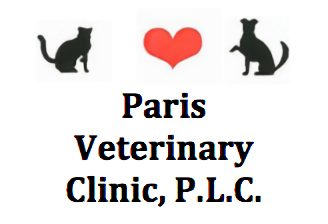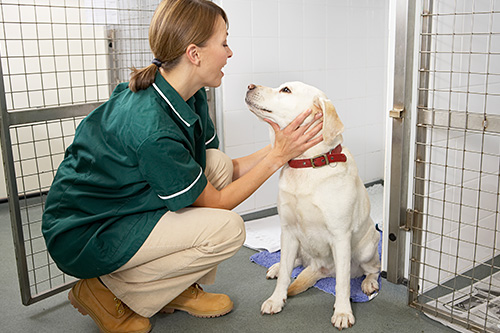
Boarding
Ease your concerns about leaving your pet behind while you’re away: Let our staff take care of him or her. We can accommodate any special care or needs your dog or cat might have. Just let us know when you make the reservation.
We provide amenities such as clean bedding and food and water bowls, but feel free to bring your own if you’d prefer. You can also bring toys and other personal items that are washable. We will administer any needed medication and follow your specified feeding regimen. (Alternately, we can provide food and treats for no extra charge, although eating their own food tends to agree better with most boarded pets.) In addition, we can provide grooming services before you pick up your pet.
Veterinary technicians regularly check on the pets, and our kennel staff monitor the boarding area. You have the added benefit of knowing that one of our clinicians will promptly begin treatment if your pet gets sick during his or her stay. We can also arrange for one of our veterinary team members to provide overnight monitoring for senior pets or those with certain health issues.
To keep all our patients as healthy as possible, we require pets that are boarding with us to have current rabies and distemper vaccinations, along with other species-specific vaccinations. We also require that most vaccinations be given at least 2 weeks before boarding. Please call us for more information.
Schedule your boarding reservation today! For a tour of our boarding facilities, drop by anytime.

Chemotherapy & Cancer Treatment
Like us, animals such as dogs, cats, ferrets, and rabbits can get cancer. Fortunately, however, some forms of cancer are curable. In addition, recent advancements in cancer treatment can extend the lives of many dogs and cats. Treatments such as chemotherapy, radiation therapy, and surgery may be used to stop the spread of cancer and remove or destroy cancer cells and tumours.
You can help prevent some forms of cancer by having your pet spayed or neutered at an early age, but most cancers cannot be prevented. This is why early detection is one of our best weapons against this disease.
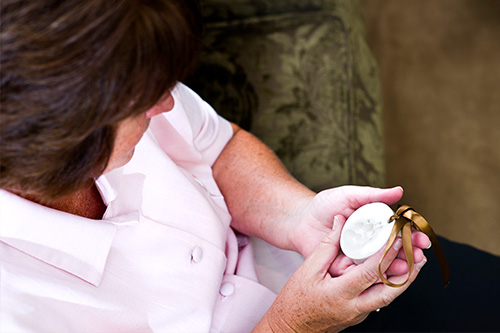
Grief Counseling
Losing a pet can be extremely upsetting, sometimes even more so than you might expect. We have such a close bond with our pets, so letting go is never easy and is often filled with pain, sadness, depression—even anger. Our team understands these feelings, as many of us have also lost pets of our own. The emotions we go through are real and nothing to be ashamed of.
Whether your loss is recent or you’ve been grieving for weeks, we are here to help you through this sad transition. We can also help your children understand and cope with their feelings. Please don’t hesitate to contact us.

Behavioral Counseling
If you’re concerned about or bothered by an aspect of your pet’s behaviour, we can help. Our expert can work with you and your pet to stop or change the behaviour. Many aggressive, fearful, or inappropriate behaviours in dogs and cats can be modified through a combination of desensitization and counter-conditioning. These techniques can have dramatic results when applied properly. In some cases, medication can also help. Contact us for an appointment if you’d like to consult with our expert.
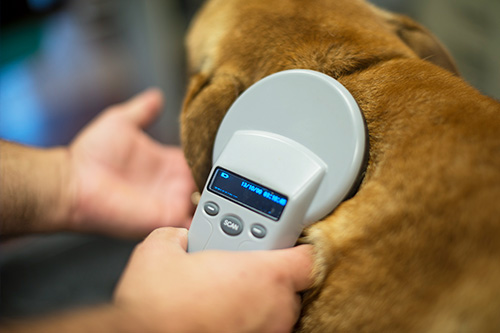
Microchip Pet Identification
Imagine if your dog or cat got lost. You’d want to give him or her the best chance of getting home. With microchipping, you can.
Microchipping is a safe, permanent way to identify your pet in case he or she becomes lost. A microchip, which is a tiny device about the size and shape of a grain of rice, is placed just under the loose skin at the back of the neck. When a lost dog or cat without an ID tag is found, a veterinarian or veterinary technician will use a handheld microchip scanner to check for a chip. If the pet has one, it will transmit its ID number to the scanner via a low-frequency radio wave. The veterinary hospital or shelter then calls the chip manufacturer, retrieves the pet owner’s contact information, and calls the owner.
Even the most responsible pet owners can’t always guarantee their pet won’t get lost. A leash could break or slip out of your hand, a pet could push through a screen door or window, or a contractor or friend might accidentally leave a door or gate open.
We recommend that you use a microchip, along with a collar and ID tag, to identify your pet. An ID tag is still a reliable identification method. Pets that have tags with current contact information are more likely to not end up in shelters and tend to get home faster than those without tags. However, collars and ID tags aren’t permanent and can be removed (overnight or for grooming); pets can also lose them. With a microchip, your pet will have a much better chance of being identified and returned to you. Pets without microchips that end up in shelters may be adopted out to another family or even euthanized.
Please contact us to schedule an appointment to microchip your pet. Although we hope your pet never becomes lost, we want you to be prepared. We can also suggest a plan to have in place so if your pet does go missing, you’ll be able to act quickly.
We can microchip ferrets, rabbits, birds, and other companion animals, too!
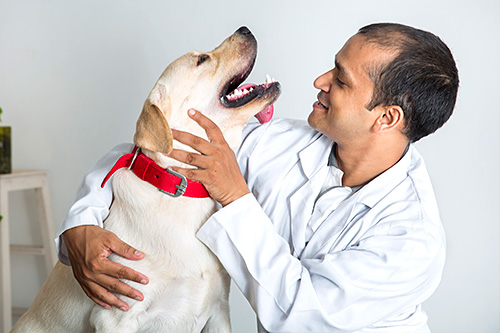
Veterinary Specialist Referrals
Our team of veterinarians and veterinary technicians provides many services at our clinic, ranging from routine to advanced procedures. Although we handle the majority of your pet’s medical and surgical needs in-house, we occasionally refer patients to veterinary specialists or specialty clinics when advanced training or equipment will be beneficial.
Board-certified specialists, such as oncologists, ophthalmologists, and neurologists, have extensive experience and training in a particular area of veterinary medicine or surgery. Specialty clinics and university-affiliated referral centres have specialized equipment to perform procedures that are not routinely performed by general veterinary practitioners.
We make referral decisions because we want to ensure that our patients receive a high standard of care and the best possible outcome. Be assured that when we refer a patient to another hospital, we continue to stay involved with his or her care, consulting with the treating specialist and often providing any needed follow-up care and rehabilitation.
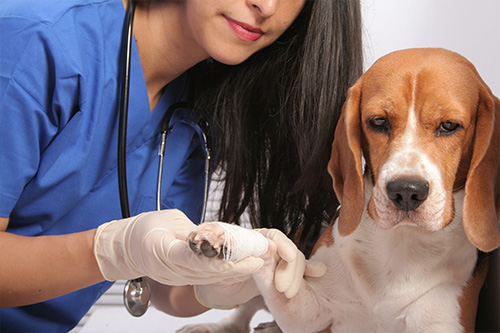
Pain Management & Control
We now know that animals experience pain in much the same way as people. We use our knowledge of pain medication and pain relief strategies to prevent and manage pain in pets, both before and after surgery and in the event of an injury or infection. We can also ease pain caused by chronic disease, such as arthritis.
Ask us about our pain management options and plans, which we will tailor to your pet’s medical condition and individual needs. We also offer acupuncture and chiropractic services, which can help control pain in some pets.

Pharmacy
For your convenience, we offer both an in-house pharmacy and an online service so we can meet all your pet’s needs. We provide medications, flea and tick control products, and heartworm preventives—all at competitive prices. We’ll also pass along any discounts or rebates from drug manufacturers.
When you order from us, you’ll know that the products you’re purchasing have been stored properly and are approved for use in Canada. And if you have any questions, you can ask your veterinarian.
Feel free to pick up your pet’s prescriptions at our clinic or order refills online.
